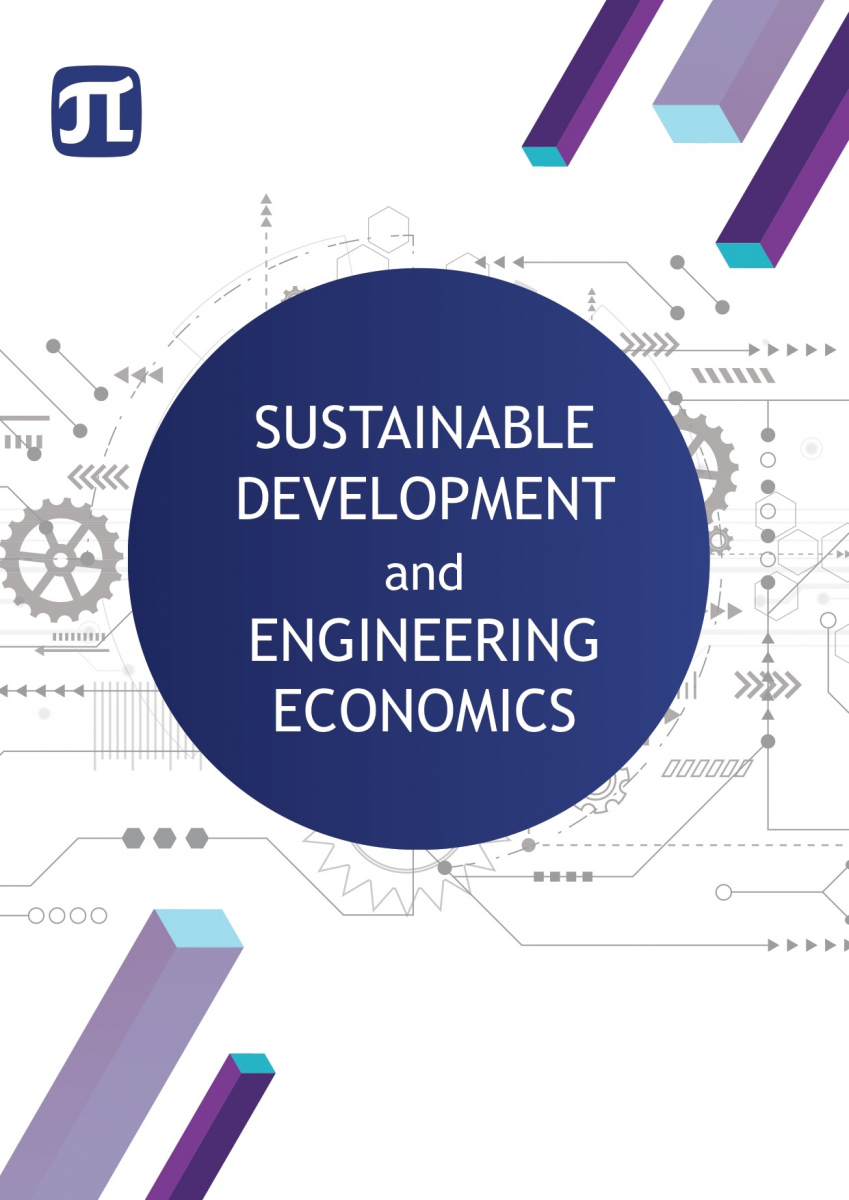Model of Motivation for the Top Management of Regional Government Agencies
The purpose of the study is to create a model of motivation for the top management of regional government agencies under which the non-material motivation of top managers will be made dependent on the achieved strategic potential of the region and their material motivation. For this purpose, it is necessary to solve a three-objective problem of global optimisation for the coefficient of natural population growth using a multi-objective genetic algorithm. Each of the three objectives – the strategic potential of the region and the material and non-material motivations of top managers – depends on three factors in the same coordinate system. The first three of the nine factors characterise the system of non-material incentives for top managers in government agencies, the next three refer to the system of their material incentives, and the last three apply to the available strategic potential of the region necessary for its further successful development. The creation of multiple effective solutions using the Pareto front is performed for two primary objectives, namely, the strategic potential of the region and material motivation of top management; then, as a consequence, a set of optimal solutions for non-material motivation is obtained. The conclusion about the actual remuneration (incentives) of the top managers at government agencies in the regions is as follows. For each of the three objectives in a particular region, the latest actual values of the nine factors under study are compared with the nearest planned (optimum) values of the Pareto front. A positive deviation from the optimum is evaluated positively, which makes it possible to additionally incentivise top managers either materially or non-materially.


